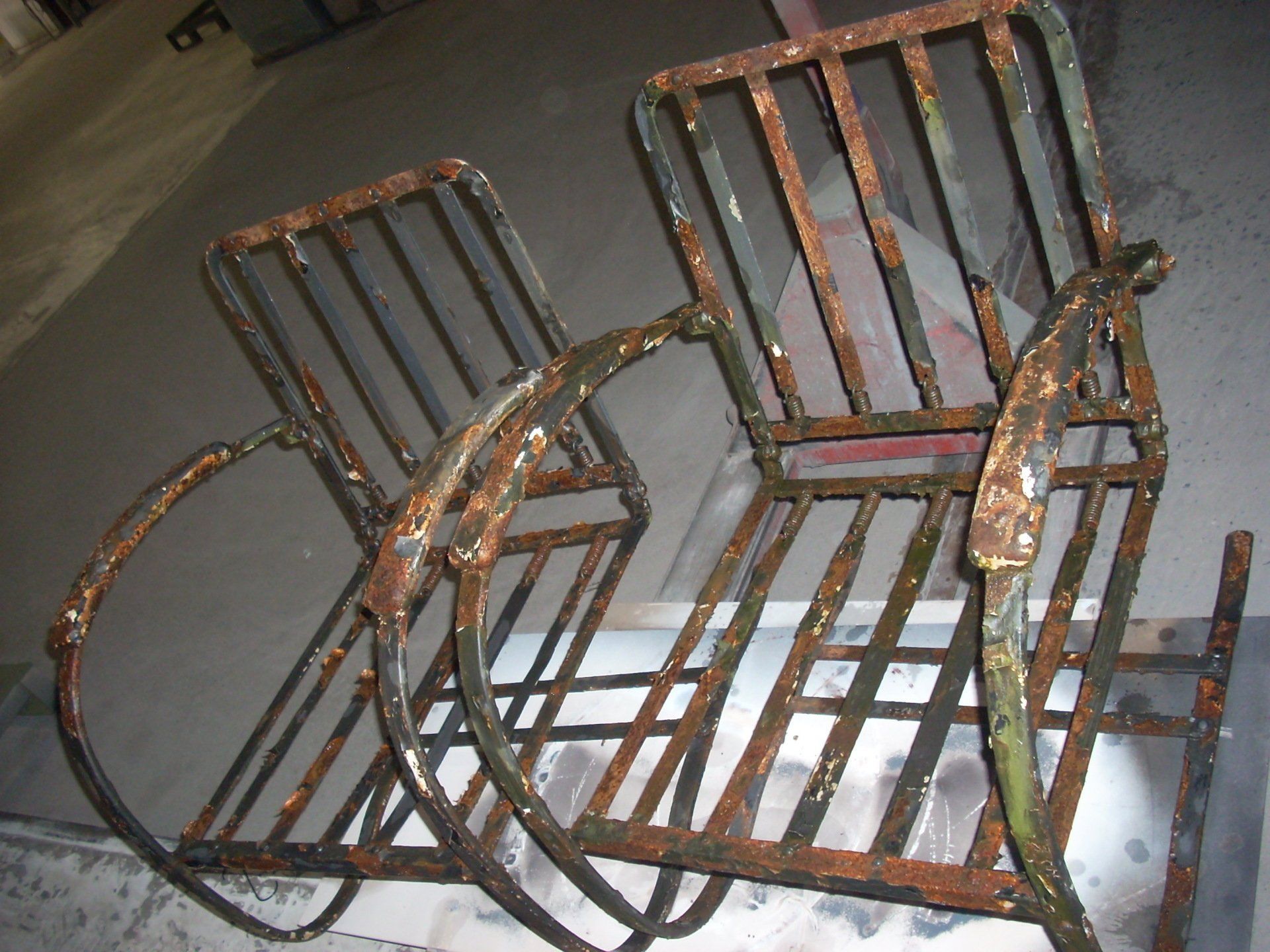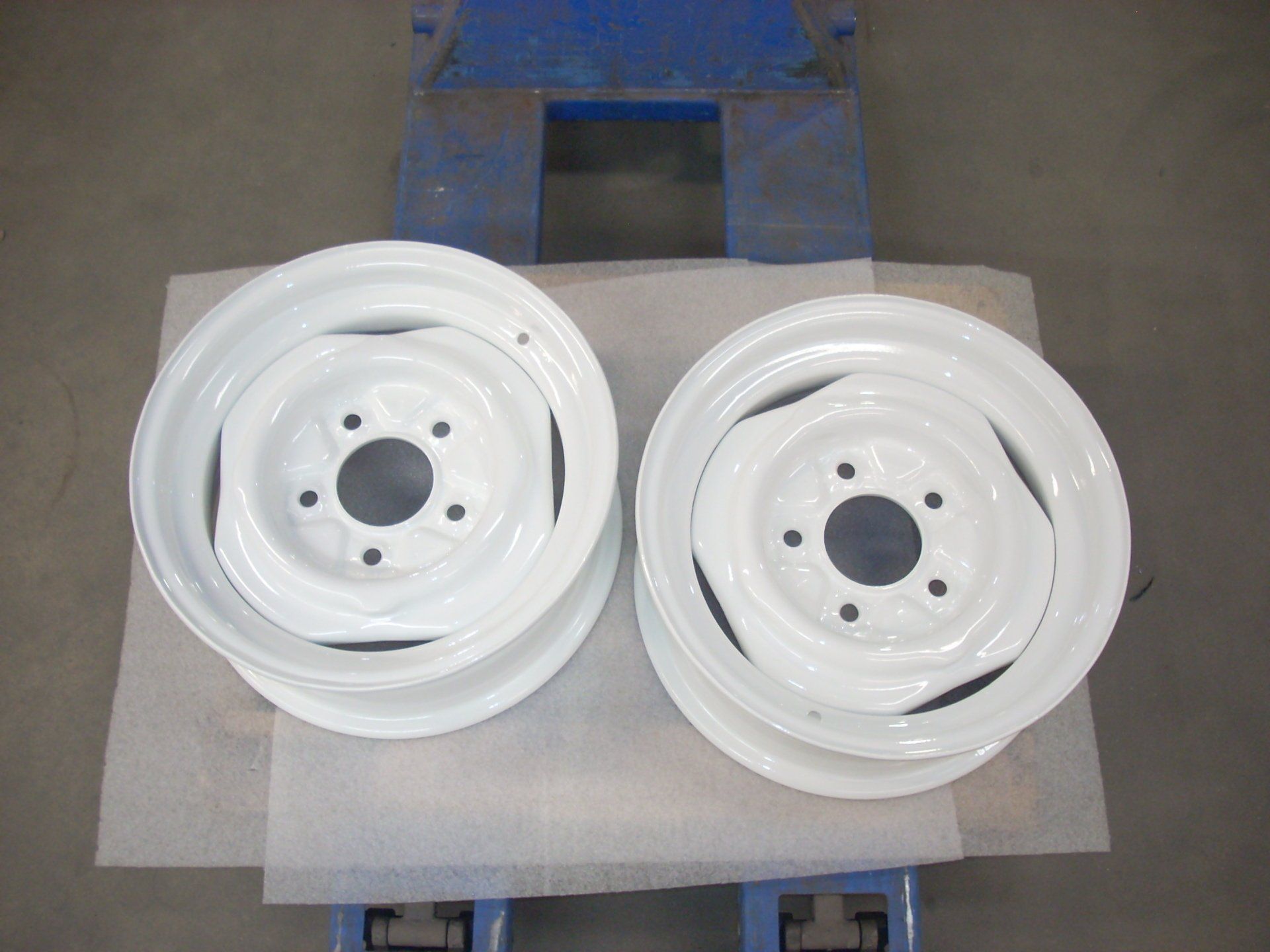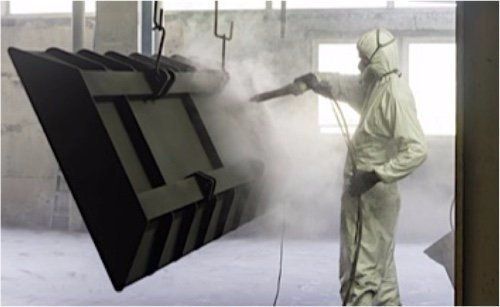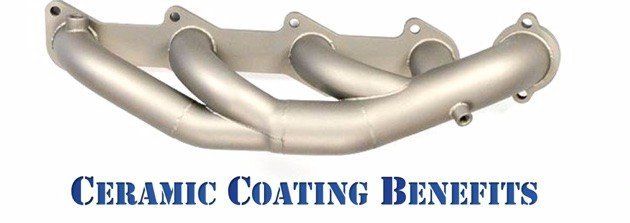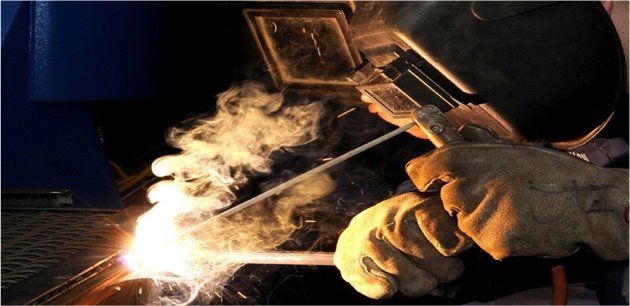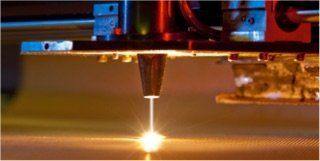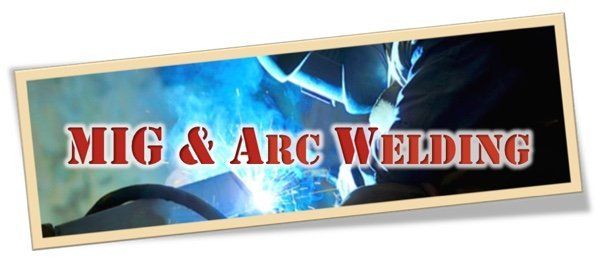Blog Post
Why Dyno Test an Engine?
- By Rose Robison
- •
- 06 Jul, 2017
- •
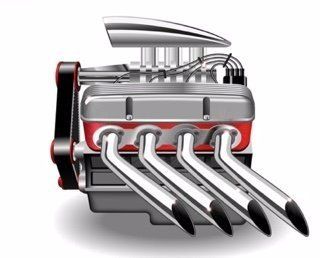
If you’re reading this article, you probably already know what it means to dyno test an engine. In short, you power up the engine and add a controlled amount of resistance. From the test, a dynamometer measures your engine’s force, torque, and horsepower. Depending on your career or hobby, these are significant numbers.
But is finding out how many horses you have under the hood the only reason to dyno test an engine? Absolutely not. There are solid, practical reasons to dyno test an engine, bragging rights aside.
Here are a few of them:
But is finding out how many horses you have under the hood the only reason to dyno test an engine? Absolutely not. There are solid, practical reasons to dyno test an engine, bragging rights aside.
Here are a few of them:
To Help Keep Your Engine Running Properly
The computerized dynamometer provides accurate torque and RPM numbers. And then it can accurately measure horsepower. Whoever is tuning your engine now has a basis for changing the engine’s tuning, or they might even recommend changing the engine itself.
These are some of the variables that can be tuned using this method:
These are some of the variables that can be tuned using this method:
- Intake manifold selection
- Ignition timing and advance curve
- Primary tube diameter and length for the headers
- Carburetor spacers
- Cam grind and timing
- Carburetor size and jetting
For an Engine's First Run
It makes sense to do the first run of an engine on a dyno. Engine break-in routines specified by cam and ring manufacturers can be accomplished under controlled conditions. Blow by can even be monitored as the piston rings seat. The engine can be pre-lubed and pre-heated before every start.
To Find Out the Temperature of Your Exhaust Gas
When it comes to tuning your carburetor—jetting, size, spacers, and fuel distribution—knowing your exhaust gas temperatures is as important (or maybe even more) than horsepower and torque numbers. You could save yourself a major engine repair with this information.
To Get a Written Record of Your Engine's Performance
A dyno test will give you details about each test, weather conditions on the day of testing, and graphs of your engine's performance. You can compare your personal performance experiences with the dyno numbers so you can make future adjustments or modifications.
Additional information from the test can indicate both torque and peak torque, plus horsepower, volume metric efficiency, the temperatures of the cylinders and pistons, airflow -- I.e., measurements of virtually every engine function.
Additional information from the test can indicate both torque and peak torque, plus horsepower, volume metric efficiency, the temperatures of the cylinders and pistons, airflow -- I.e., measurements of virtually every engine function.
Contact Us For Professional Dyno Tuning Services!
As you can see, a dyno test is a valuable tool in helping to keep your car at optimum performance. Even if you aren’t interested in racing, it can be an important element in your maintenance program.
The engine shop at DMC2 Products can help you with dyno testing and so much more. The shop features a SuperFlow SF-902 dynamometer, which is a hydraulic (water break) dyno, which is the most popular type of dyno used in race engine shops, and very cost effective. To learn more about the SF-902 click here.
Contact us online or call us at 610-582-1118 to learn more!
The engine shop at DMC2 Products can help you with dyno testing and so much more. The shop features a SuperFlow SF-902 dynamometer, which is a hydraulic (water break) dyno, which is the most popular type of dyno used in race engine shops, and very cost effective. To learn more about the SF-902 click here.
Contact us online or call us at 610-582-1118 to learn more!
Share
Tweet
Share
Mail
P.O. Box 31
#2 Industrial Drive
Birdsboro, PA 19508
Located in Berks County
Office: 610-582-1118
Fax: 610-582-1828
doug@vanindustriesinc.com
doug@vanindustriesinc.com
Hours
- Mon - Fri
- -
- Sat - Sun
- Closed
Website by PMI - Power Marketing International

